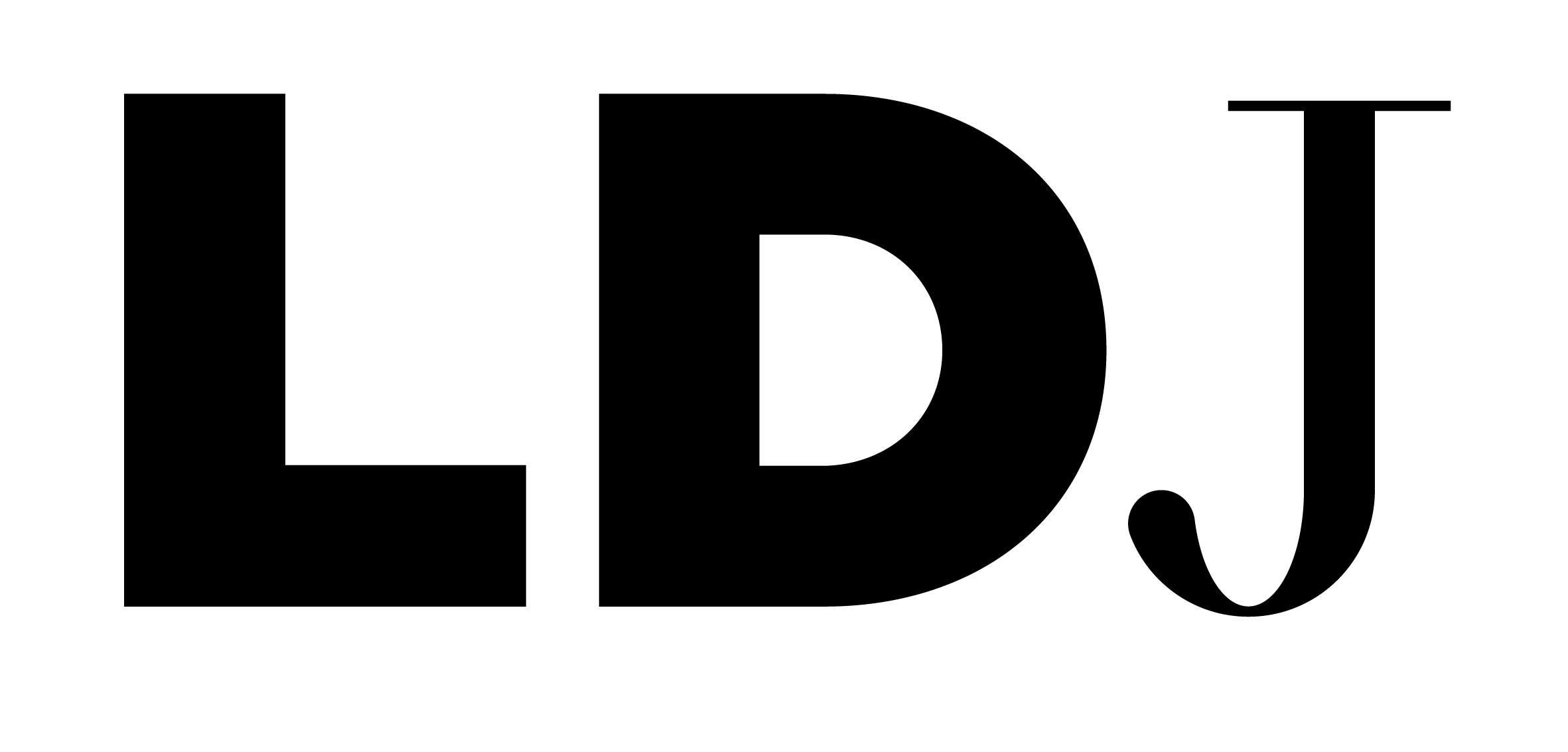ARTICLES
Scientific publishing for Legal Design
Call for Submissions!
Submit your Legal Design story now.
- Call for submissions start: Friday, 15 December 2023
- Deadline for submissions: 28 May 2024
- Decisions and feedback: 10 June 2024
- Final revisions & Publication: July 2024

Call for Papers
- Legal design and access to justice
- Legal design and public law (e.g., criminal law, tax law)
- Legal design and private law (e.g., contract law, consumer protection, privacy)
- Legal design and economic approaches to the law
- Legal design and behavioural law
- Legal design and environmental law
- Legal design and philosophy of law
- Legal design and sociology of law
- Legal design and education
- Law and technology (e.g., compliance of technology design, design of legal technologies)
- Legal design, bioethics and health
- Legal design and sustainability
- Legal design and critical design
- Legal design and future studies – foresight
Types of contributions:
a. Empirical papers (describing an empirical study)
b. Position papers (conceptual papers)
c. Literature reviews (systematizing knowledge)
d. Methodological papers (focusing on methods of research and enquiry)
Audience
When preparing your submission, keep in mind that the articles section of the journal aims at publishing academic articles that should be accessible to a broader audience, across disciplinary boundaries, as well as geographies and levels of expertise. This should be reflected in the readability of the submission.
About the journal
This is the first academic journal dedicated to the research and practice of legal design. The original organizers of this journal come from four continents, eleven countries, sixteen academic institutions, fifteen organizations, and countless perspectives. We have chosen a deliberately expansive and exploratory editorial frame for the first two years (and four editions) of the Legal Design Journal. We have done so in order to engage in a period of editorial co-design with those who have something to say about this subject.
Our goal is to provide a platform for great quality legal design work, and to make this as accessible as possible. Our open-access policy is central to our vision of our legal design community of practice. We hope the Journal can provide a bridge between academic and applied practical work in the field of legal design and help to further connect the legal and design worlds.
What you need to know for the submission
Ideally, your paper should include:
- Abstract (ca. 300 words) and 5 key words
- The state of the art
- The research question(s) and motivation
- Methodology and study design
- Analysis and results
- Discussion
- Limitations
- Future work
- Conclusion
- References
- Supplementary material
- Conflict of interest statement and any funding acknowledgment
Originality: the contribution should not be published or submitted (currently under review) to another journal or elsewhere.
Anonymity: All submitted papers will be evaluated based on their quality and relevance through a double-blind review process, where the reviewers ignore the identity of the authors and vice versa. Papers that are not anonymous will be desk-rejected. When preparing you submission:
- Remove the names and affiliations of authors from the title page.
- Remove acknowledgment of identifying names and funding sources.
- Remove references to your institution, for example in survey materials or in git repositories.
- When you refer to your own work, do not omit references to provide anonymity: rather, reference your past work in the third person, just as you would with any other piece of related work by another author.
File format: Provide an editable file in .docx, .doc, .odt or .rtf format
Number of words: Text submissions can be between 5,000 and 10,000 words for full articles including footnotes and excluding references. It is encouraged to include a wide range of non-textual media.
Citation style: You can either use OSCOLA or APA. For footnote style, use OSCOLA style only. For in-text style, use APA style only.
Peer Review Process:
- We adopt a two-step review process:
- Desk review to ascertain the article is within the journal’s scope, has not previously been published, makes a novel contribution to the field, has been anonymized and generally meets the requirements of the call for papers. Submissions may be rejected after first screening (desk refusal).
- Double-blind peer review following criteria of originality, relevance, contribution to the field, clarity
Publication:
- Open Access
The Journal provides immediate open access to its content on the principle that making research freely available to the public supports a greater global exchange of knowledge. The Creative Commons License we use to achieve this is CC-BY 4.0. The authors must ensure that all content presented in their contributions can be published under this license (especially images). - International License
The Journal does not charge authors any submission or article processing charges. - Copyright
Authors retain all rights to their work. Any version of a paper published in the Journal may be deposited in an institutional or other repository of the author’s choice without embargo. - Privacy statement
The names and email addresses entered in this journal will be used exclusively for the stated purposes of this journal and will not be made available for any other purpose or to any other party.
Your Articles Editorial Collective

Joaquín Santuber
Postdoctoral Fellow,
CfADS & Public Sector Advisor

Katri Nousiainen
Professional in Legal and Economic Education

Arianna Rossi
Researcher on Online Manipulation and Usable Privacy

Lisa Toohey
Professor,
University of Newcastle


